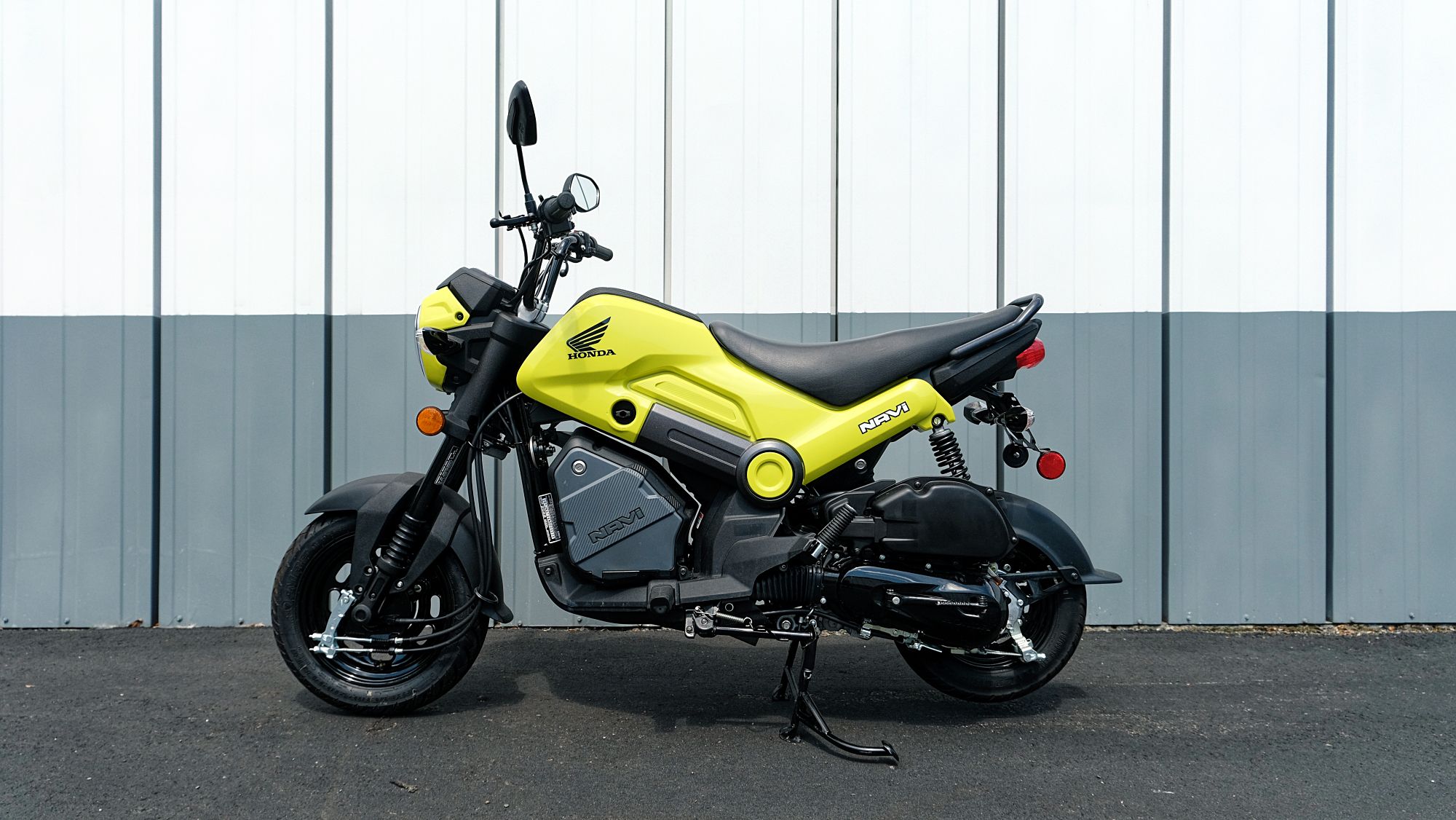Unveiling the World of Electric Motorcycles
As motorcycle enthusiasts, we understand the allure of the open road, the thrill of the ride, and the freedom that comes with it. In recent years, a new player has entered the world of motorcycles: the electric motorcycle. These eco-friendly two-wheelers are revolutionizing the way we think about riding. But amidst this revolution, a question lingers: “Do you need a motorcycle license to ride an electric motorcycle?” In this comprehensive guide, we’ll navigate through the electrifying world of electric motorcycles, licensing requirements, and state-specific variations.
Understanding Electric Motorcycles
Electric motorcycles, often referred to as e-motorcycles, are changing the game. These machines are powered by electricity, offering a clean and efficient alternative to traditional gasoline-powered motorcycles. Electric motorcycles come in various shapes and sizes, from sleek urban commuters to high-performance sportbikes. What makes them truly special is their instant torque delivery, silent operation, and minimal environmental impact.
Riding an electric motorcycle can be an exhilarating experience, and their growing popularity is evident. However, before you embark on your electric adventure, it’s crucial to understand the licensing landscape, which brings us to the heart of our discussion: motorcycle licensing requirements for electric motorcycles.
Motorcycle Licensing Requirements
The Purpose of Motorcycle Licensing
Motorcycle licenses exist for a reason: to ensure that riders possess the skills and knowledge required to safely operate these powerful machines. The specifics of motorcycle licensing vary from place to place, but they generally encompass essential aspects of riding, including traffic laws, riding techniques, and safety measures.
Do You Need a Motorcycle License for an Electric Motorcycle?
Now, let’s address the burning question: do you need a motorcycle license to ride an electric motorcycle? The answer, as is often the case in the world of regulations, depends on where you live.
In many jurisdictions, electric motorcycles fall under the same licensing requirements as their gasoline-powered counterparts. This means that if your state or country mandates a motorcycle license for traditional motorcycles, the same rules typically apply to electric motorcycles.
However, the situation isn’t uniform everywhere. Some regions have recognized the unique characteristics of electric motorcycles and adjusted their regulations accordingly. In these places, electric motorcycles might be exempt from traditional motorcycle licensing requirements, particularly if they meet specific criteria like speed and power output limitations.
Electric Motorcycles and Their Classification
To comprehend why electric motorcycles might have different licensing requirements, it’s crucial to grasp how these machines are classified. In most regions, motorcycles, regardless of their power source, are categorized based on factors like engine size, speed capability, and vehicle design.
Electric motorcycles, like their gasoline-powered counterparts, can be classified into different categories. Some are designed for urban commuting, while others boast incredible performance on the track. This classification plays a significant role in determining whether you’ll need a motorcycle license to operate one.
In essence, if an electric motorcycle closely resembles a traditional motorcycle in terms of power and design, it’s more likely to be subject to the same licensing requirements. However, if it falls into a category often referred to as “electric bicycles” or “e-bikes,” which are designed for lower speeds and ease of use, the licensing requirements may differ.
State-by-State Variations
Navigating the Patchwork of Regulations
One of the most confounding aspects of motorcycle licensing for electric motorcycles is the state-by-state variation in regulations. Licensing rules for electric motorcycles can differ significantly from one state to another within the same country, making it imperative to research your local requirements.
Examples of Licensing Rules in Different States
To shed light on the diversity of regulations, let’s explore a few examples of how different states in the United States approach licensing for electric motorcycles:
- California: Known for its progressive stance on electric vehicles, California allows electric motorcycle operation with a standard driver’s license for most e-motorcycles, provided they meet certain criteria. This aligns with the state’s commitment to promoting sustainable transportation.
- Texas: In the Lone Star State, electric motorcycles are generally classified under the same licensing requirements as traditional motorcycles, meaning you’ll likely need a motorcycle endorsement to ride one.
- New York: New York may have specific licensing requirements for electric motorcycles, especially if they exceed certain power or speed limits.
- Oregon: Oregon is another state that has embraced electric transportation, offering various licensing options for electric motorcycles based on their specifications.
Safety and Training
While the focus of this article is on licensing, we cannot overemphasize the importance of safety and training when it comes to riding any motorcycle, electric or otherwise. Regardless of whether your region mandates a motorcycle license for electric motorcycles, seeking proper training and education is a wise choice.
Safety courses designed for motorcycle riders can provide valuable insights into safe riding practices. They cover topics such as defensive riding, hazard recognition, and emergency maneuvers—skills that are crucial for your safety on the road.



